
24/7 Insights
- The video-game industry is a hit-based business, meaning most games do not turn a profit.
- As AAA games get more expensive, they become less likely to innovate on new ideas, instead betting on reliable and successful trends to make their money back.
- 24/7 is your resource for all things related to consumer products and product trends. To get started on your investment journey, download our free report on the two stocks we think every investor should hold forever.
The video game business is a hit-based industry. What does that mean? It means that the majority of video games don’t meet sales goals or make enough money to cover the development costs. Since the year 2000, around 10% of all games published were responsible for 90% of all the revenue generated. Only around 3% of all PC games and 15% of all console games were able to sell more than 100,000 units per year. But big-budget AAA games need much higher sales numbers than that to break even. In general, only about 20% of all published games make any profit at all.
In fact, Steam, the most popular digital game distributor said that 80% of all the games published on its platform make less than $5,000 in their first two weeks after launch.
This is why indie games have begun to take off in recent years, earning more awards and acclaim and making proportionally more money than some of the largest AAA games. Why? Because in such a risky business, large game developers and especially their publishers want to play it safe with games that they think people will like based on past successes and recent trends. They want to avoid taking financial risks on new ideas or interesting concepts. As a result, many of the large games published recently are all generally the same, use old concepts, or are sequels in long-standing franchises.
Indie games, on the other hand, don’t have a team of hundreds of people. They are often made by one or just a few people with limited budgets, so they can make whatever they want, and if the game doesn’t make its money back, it really isn’t that big of a loss. They don’t need millions of people to buy their game and make thousands of dollars in microtransactions. They just need a few people to buy it and they’ll probably break even.
Now you begin to see why large game companies are beginning to implement microtransactions, battle passes, expensive collectors editions, deluxe editions, paid early access, and other ways to make extra money on top of the base price of the game. Instead of actually adding interesting or new or fun mechanics, they would rather just put a digital store in your game and ask you to spend more money.
So, when we consider the commercial flops in the video game industry, we are talking about a very large number of games. Probably a majority of the major releases, in fact. Of course, some are more notable for their negative reception or utter failure to sell copies.
There are, of course, games that launched to worse reviews, and other games that sold fewer copies, but it is the distance between the budget for a game and how much it ended up making that determines the biggest commercial flops.
While it might be impossible to get any reliable numbers for any of the games on this list, especially considering the scale of budgets, inflation, and sales numbers don’t always equate to revenue, and more, these are generally accepted to be among the largest commercial failures of all time.
For this list, we only included full, released games, not DLC, canceled titles, or hardware.
Why Are We Talking About This?
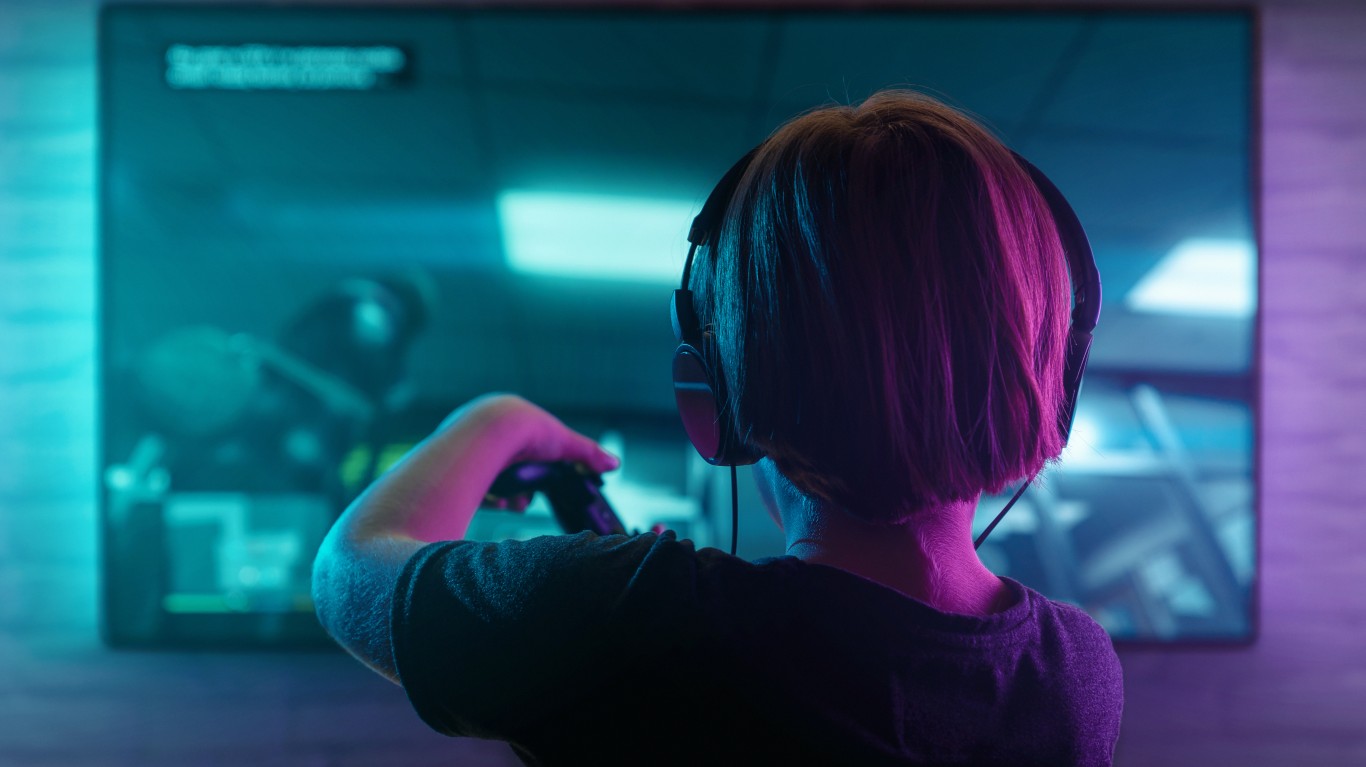
The world of video games is reaching an interesting stage in which large game development is almost unsustainable and as a result the creative direction is becoming increasingly conservative. If you are wanting to break into the game industry, or invest in a game company, then it would behoove you to understand the current game trends and which ones sank big-budget games in the past.
#9 Daikatana

Daikatana has been called one of the worst video games of all time, being a major disappointment following marketing that got players and reviewers excited about the game. It was directed by one of the co-developers of Wolfenstein 3D, DOOM, and Quake, so expectations were extremely high.
A number of development challenges, delays, and production issues plagued the game during its creation, reaching a budget of $30 million.
In order to make a profit, it was estimated that Daikatana had to sell at least 2.5 million copies, but it ended up only selling 40,351 units in all domestic markets combined.
It received near-universal low scores from reviewers and critics, citing its outdated gameplay mechanics, poor graphics, bad artificial intelligence, and more issues.
#8 Darksiders II
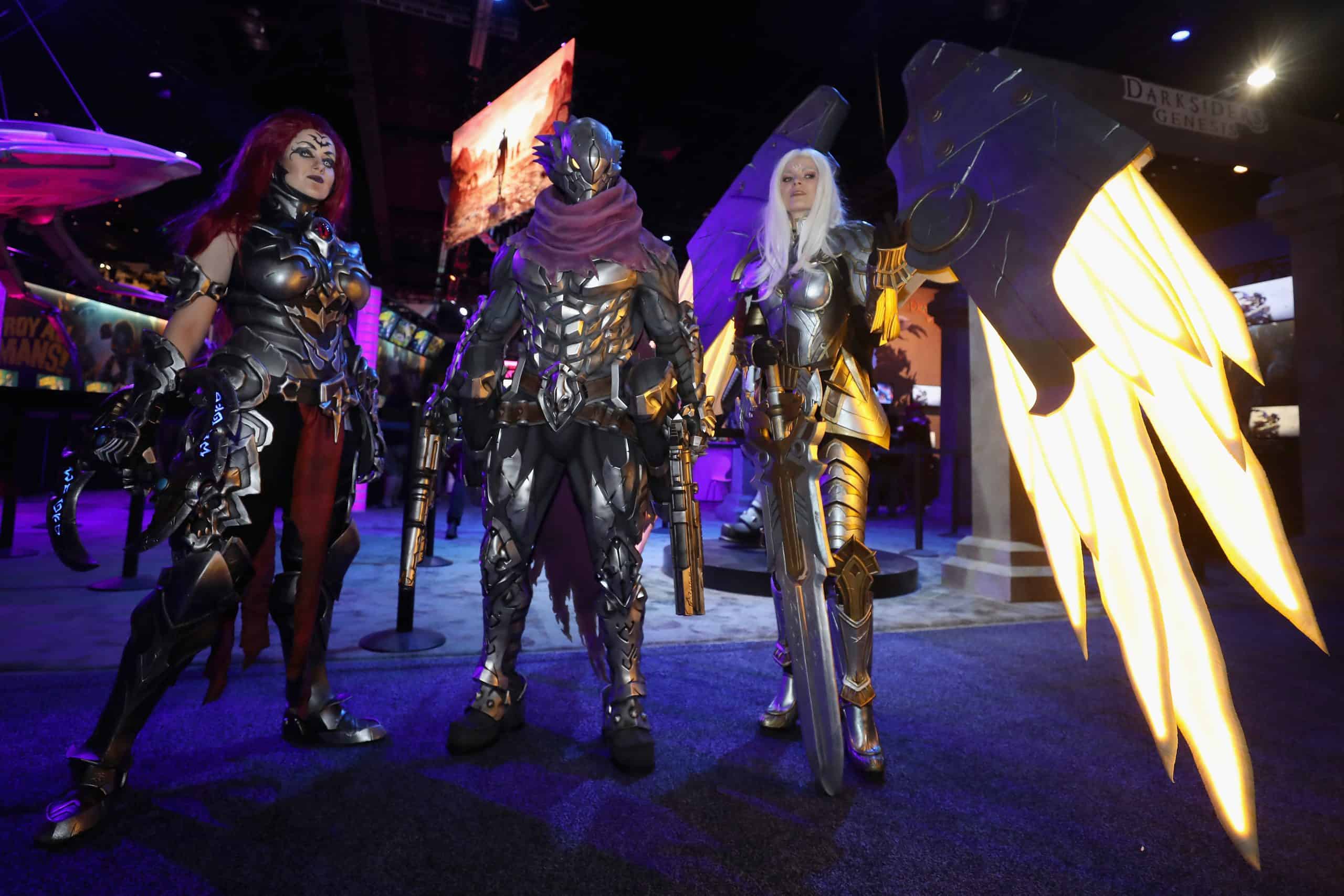
Darksiders II was released in 2012 as a sequel to the original and was one of the most expensive video games ever developed with a budget of $50 million.
And while it received generally positive reviews and sold relatively well, it sold nowhere near enough copies to become profitable, at only 1.5 million units sold. The publisher, THQ, said it did not perform to its expectations.
To add insult to injury, Too Human was the best-selling game of August 2012 and was nominated for the Best Adventure Game of the Year award at the D.I.C.E. Awards. Further developments and a sequel were postponed while THQ filed for bankruptcy and sold the rights to the game.
#7 The Secret World
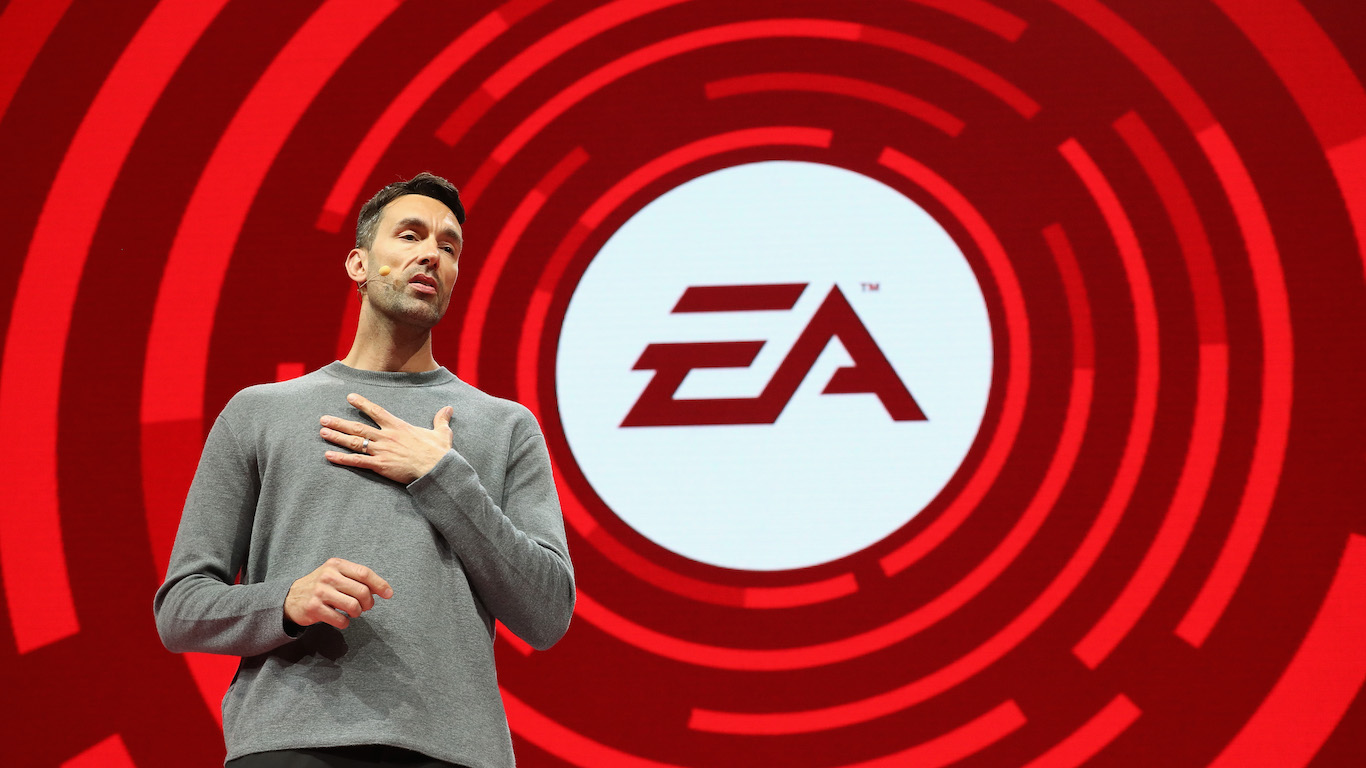
The Secret World is an MMORPG developed by Funcom and published by Electronic Arts. It was unique among other MMOs at the time in that characters could use their abilities while moving and character progression was mostly through equipment upgrades and not experience, leading to more fast-paced combat and gameplay.
It has been estimated that the game cost somewhere between 50 million to $200 million to produce, and while this was never confirmed by anybody involved with the game, given the high cost of game development, and the significant efforts that went into the marketing for this game, it is not an unreasonable estimate.
In the end, The Secret World only sold around 270,000 copies after it migrated from a traditional pay-to-play model that other MMOs used to a buy-to-play model of traditional games. It was re-launched in 2017.
#6 Shenmue
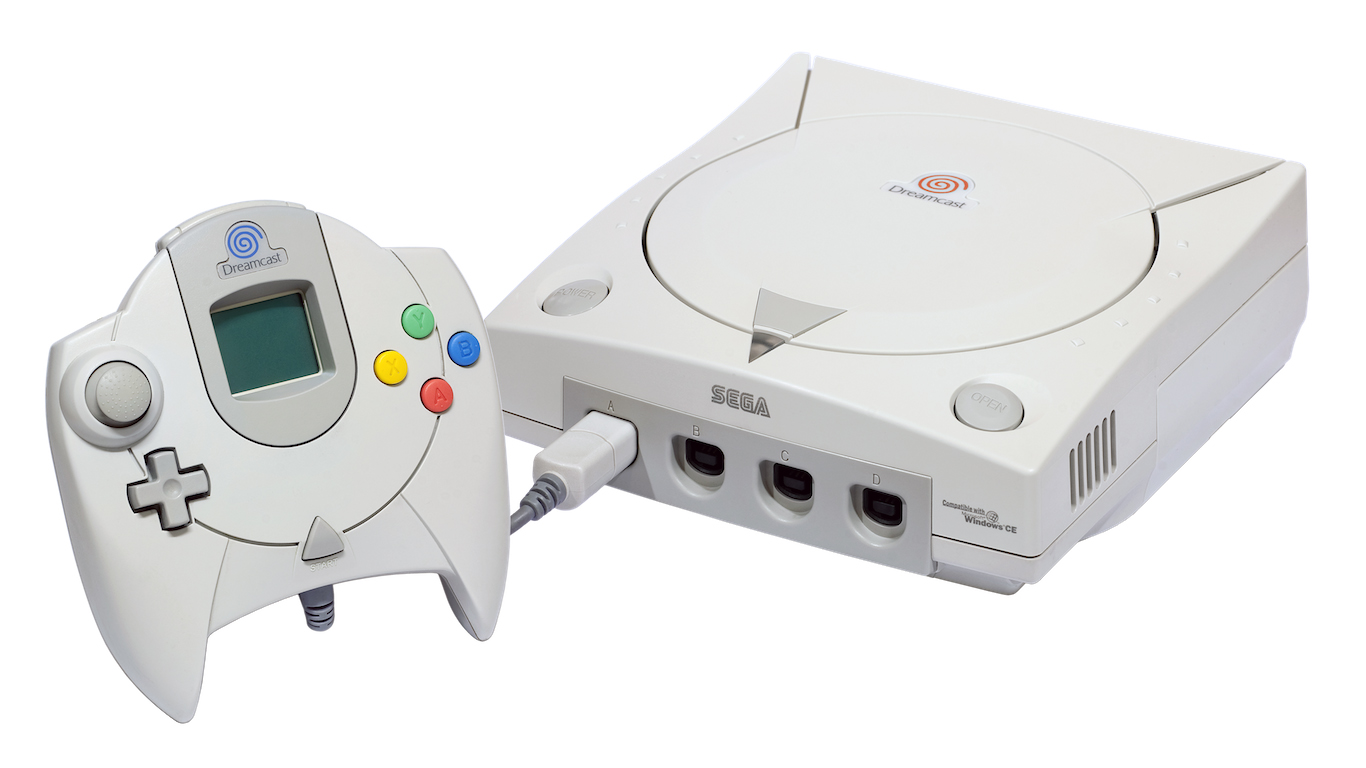
Shenmue is an action-adventure game released in 1999 that has since gained a cult following and has appeared in many lists of the greatest video games of all time, but that doesn’t negate the fact that it was a commercial flop when it was released.
During development, Shenmue became the most expensive game ever developed up until that time, reaching a budget of around $70 million. It eventually sold around 1.2 million copies, which was nowhere near enough to cover the development costs, and ended up being a massive commercial failure. It was reported, at the time, that such a high sales number would have been a resounding success for almost any other game at the time, but Shenmue had to have sold an “impossible” number of copies in order to actually make any money. Its failure is one of the primary reasons why Sega abandoned the game console industry.
Many later more successful games took inspiration from many of the features available in Shenmue.
#5 Defiance

Defiance is a first-person shooter MMO released in 2013 along with a tie-in television show produced by Syfy. It quickly went free-to-play in 2014 after its disappointing launch in order to attract more players. It was finally shut down in 2021.
According to reports, Syfy and the developer Trion spent more than $70 million on the game and it launched to average and mixed reviews from critics. With such a high budget and low adoption by players, it ended up being a commercial failure, especially after the television show was canceled.
#4 Too Human
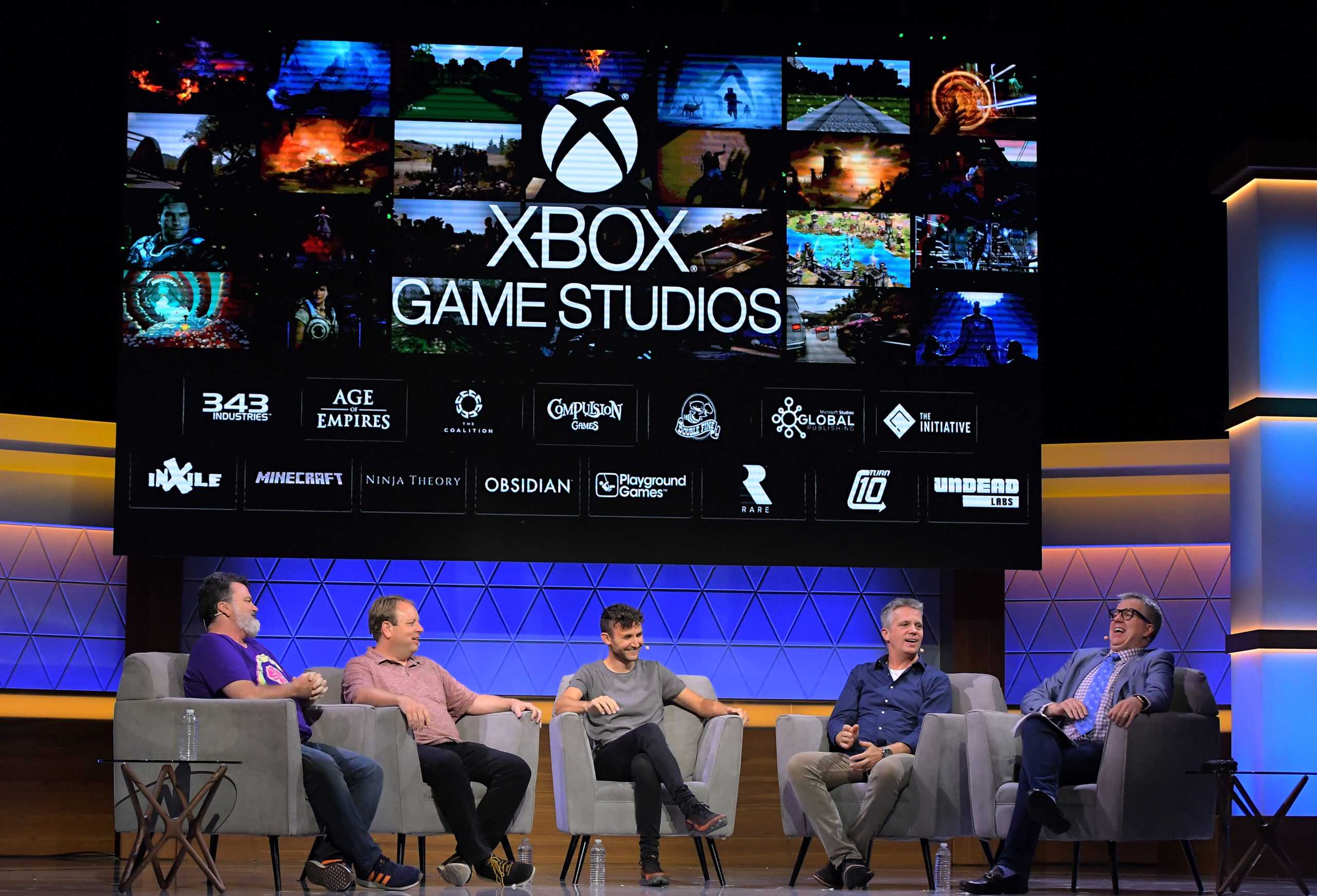
Too Human is an action RPG released in 2008 by Silicon Knights and Microsoft Studios. It took almost ten years to complete development for Too Human, and by the time it was released, many of its aspects and game design were dated.
It was created to be the first of a trilogy, including a cliff-hanger ending as a result, but a series of lawsuits between Epic Games and Silicon Knights led to future games being canceled, Silicon Knights having to pay Epic Games $4.45 million, and being forced to destroy all of its products that used Epic Games’ Unreal Engine 3, which included all copies of Too Human. Silicon Knights ended up filing for bankruptcy shortly after.
It is estimated that Too Human cost between $60 million and $100 million to produce, but it ended up selling only 700,000 copies in total, making it a severe and significant commercial failure.
#3 APB: All Points Bulletin

APB: All Points Bulletin is an open-world online multiplayer game released in 2010. Several issues during development and the purchase of the rights to the game by different companies meant it took years to complete and ended up costing more than $100 million in total to develop. This made it one of the most expensive games ever made.
Players were forced to buy a copy of the game and then continue to pay a subscription fee in order to play it. It was shut down shortly after launch and then re-released in 2011 with a free-to-play model.
#2 E.T. The Extra-Terrestrial
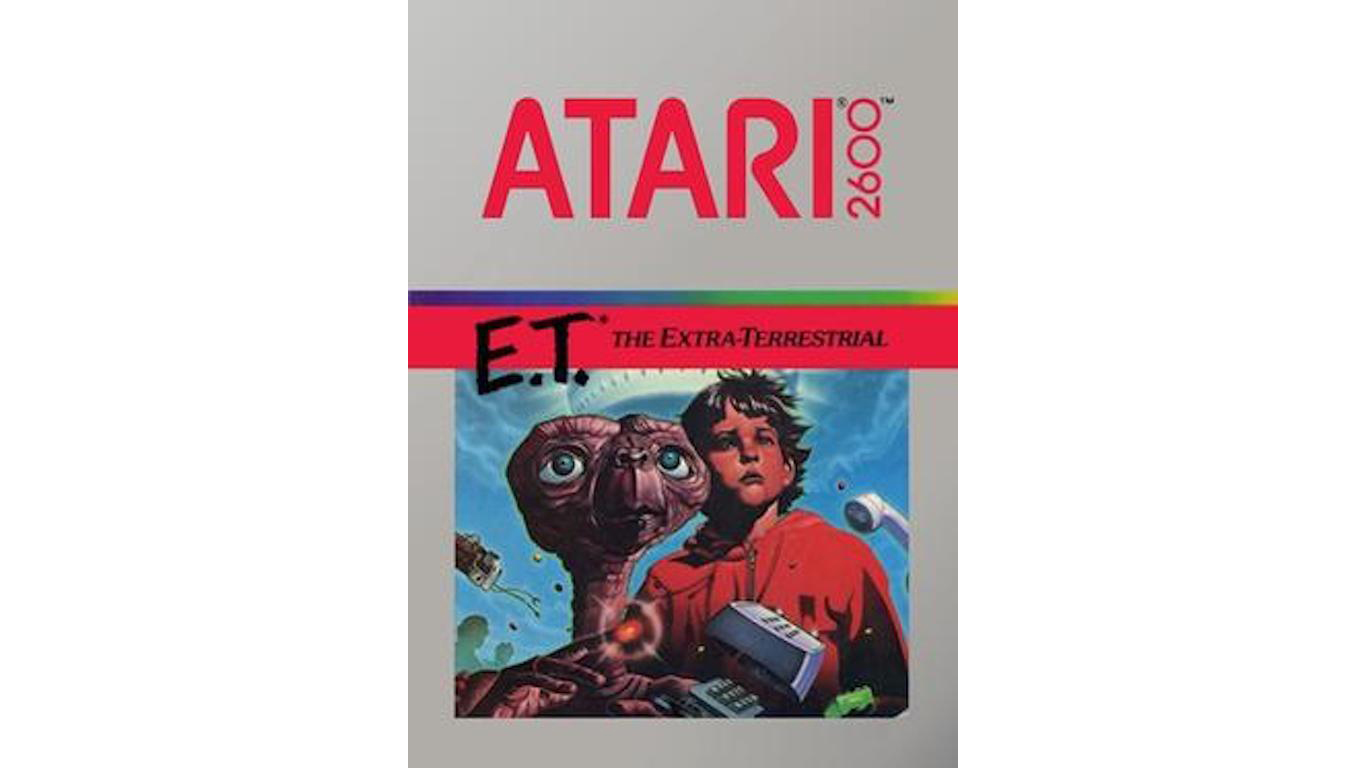
If there’s one game that everyone is probably familiar with that should be on this list, it’s this one. E.T. The Extra-Terrestrial is often credited with being such a monumental failure that it brought down the entire video game industry in 1983.
Based on the success of the film, Atari gave the lead developer only five weeks to create the game from scratch and had unrealistic sales goals. The resulting pile of garbage has often been called the worst game of all time and the biggest commercial failure in video game history.
Atari paid Universal Pictures between $63 million and $79 million (when adjusted for inflation) for the rights to publish the game. This cost alone would have made it one of the most expensive games developed, but additional costs and the subsequent failure of the game solidified its case as the biggest commercial game flop.
#1 Suicide Squad: Kill the Justice League
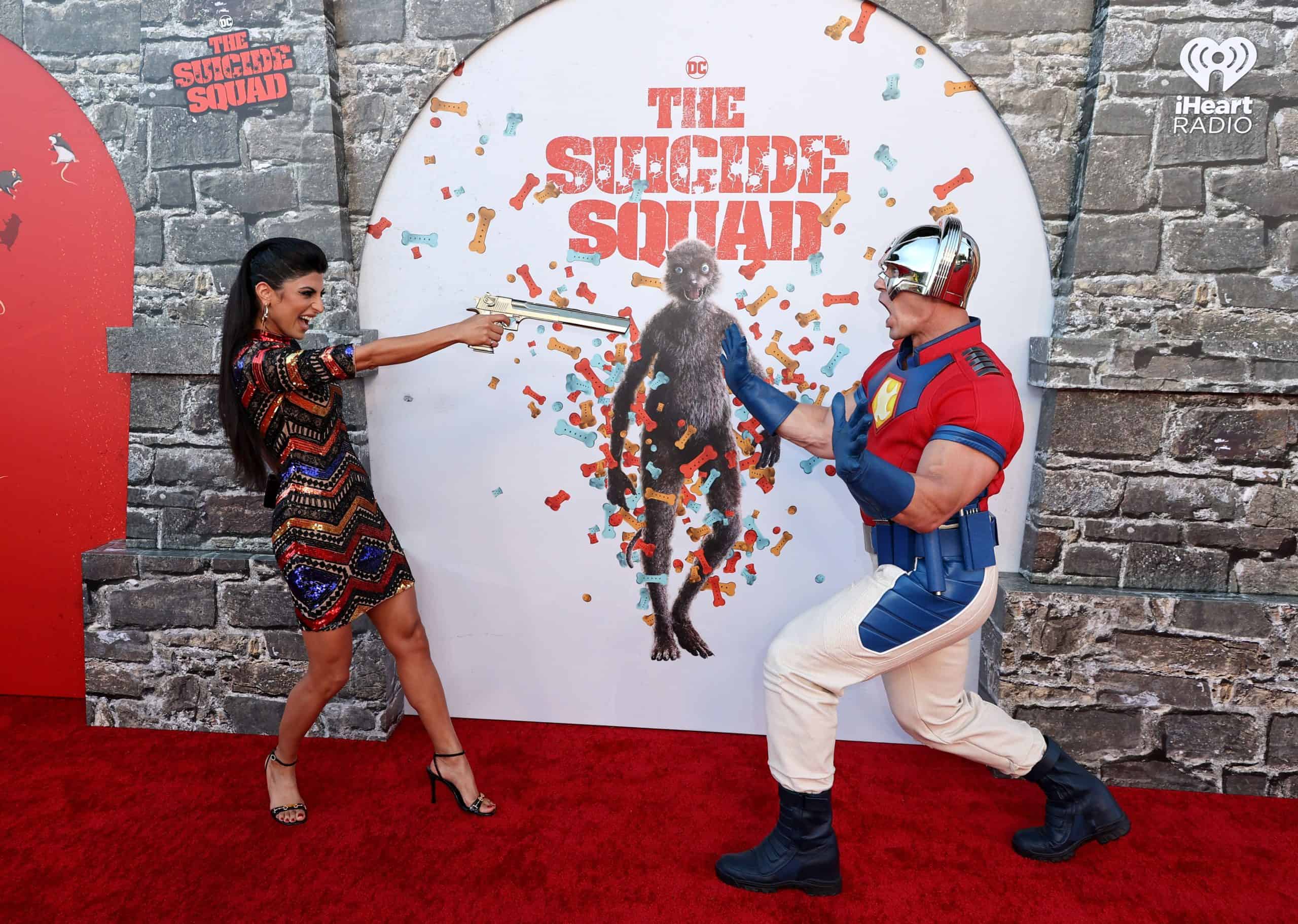
The most recent addition to the list, Suicide Squad: Kill the Justice League is an action shooter game released in 2024 as a spin-off of the successful Batman: Arkham games.
It received terrible reviews upon its launch and gamers were generally turned off by what was essentially a soulless cash-grab with a big budget making it look pretty and attractive. It was a game that implemented live-service features that weren’t needed and not wanted for a game of this type.
While the budget and sales numbers are not confirmed, it is known that the game did not meet company expectations and that Warner Bros. had lost more than $200 million on the game in total.
Critics attribute its commercial failure to repetitive gameplay, poor live-service elements, and a bad story.
The Average American Has No Idea How Much Money You Can Make Today (Sponsor)
The last few years made people forget how much banks and CD’s can pay. Meanwhile, interest rates have spiked and many can afford to pay you much more, but most are keeping yields low and hoping you won’t notice.
But there is good news. To win qualified customers, some accounts are paying almost 10x the national average! That’s an incredible way to keep your money safe and earn more at the same time. Our top pick for high yield savings accounts includes other benefits as well. You can earn up to 3.80% with a Checking & Savings Account today Sign up and get up to $300 with direct deposit. No account fees. FDIC Insured.
Click here to see how much more you could be earning on your savings today. It takes just a few minutes to open an account to make your money work for you.
Our top pick for high yield savings accounts includes other benefits as well. You can earn up to 4.00% with a Checking & Savings Account from Sofi. Sign up and get up to $300 with direct deposit. No account fees. FDIC Insured.
Thank you for reading! Have some feedback for us?
Contact the 24/7 Wall St. editorial team.




